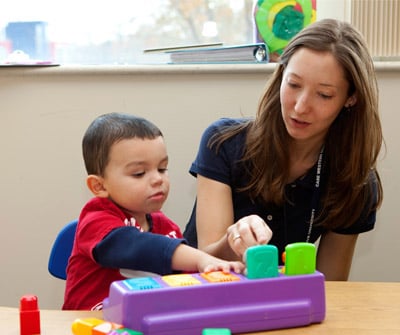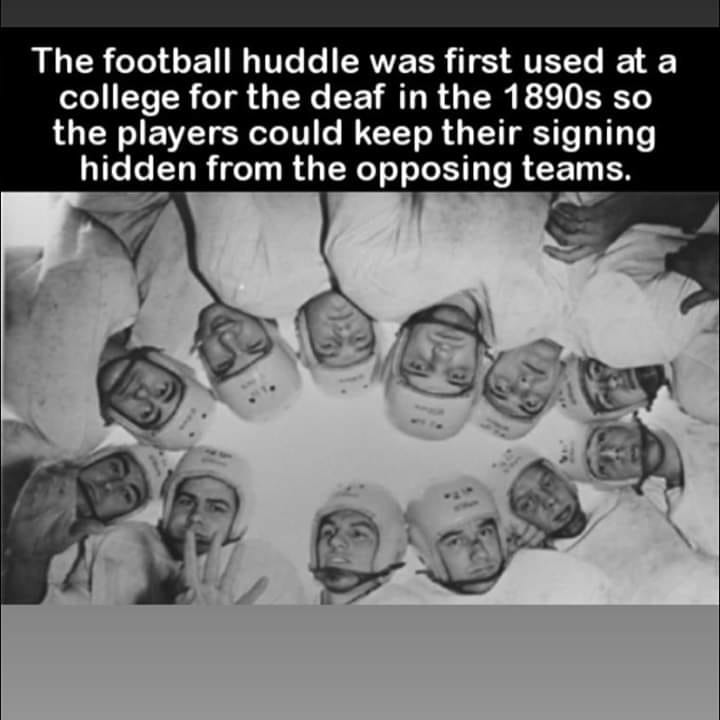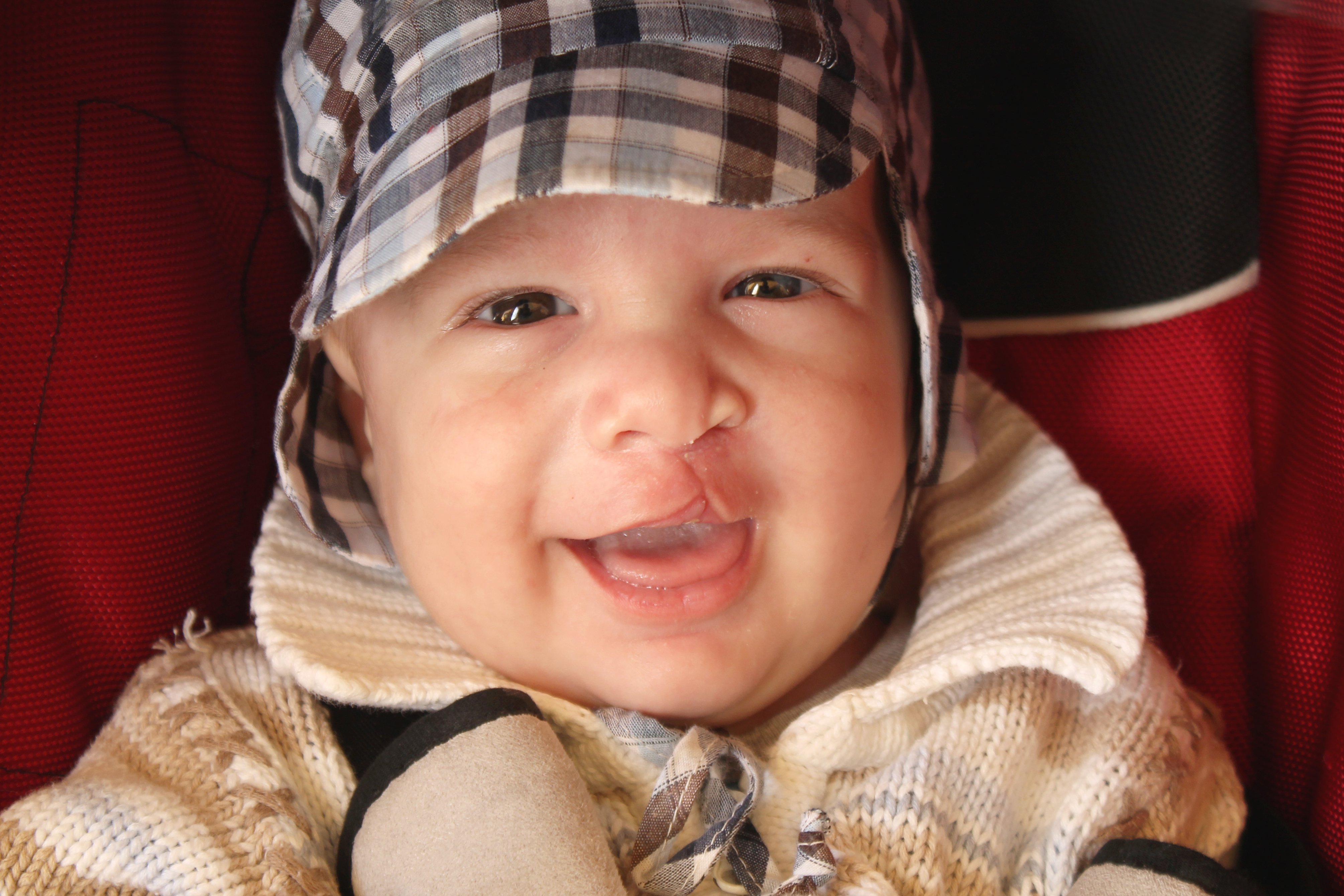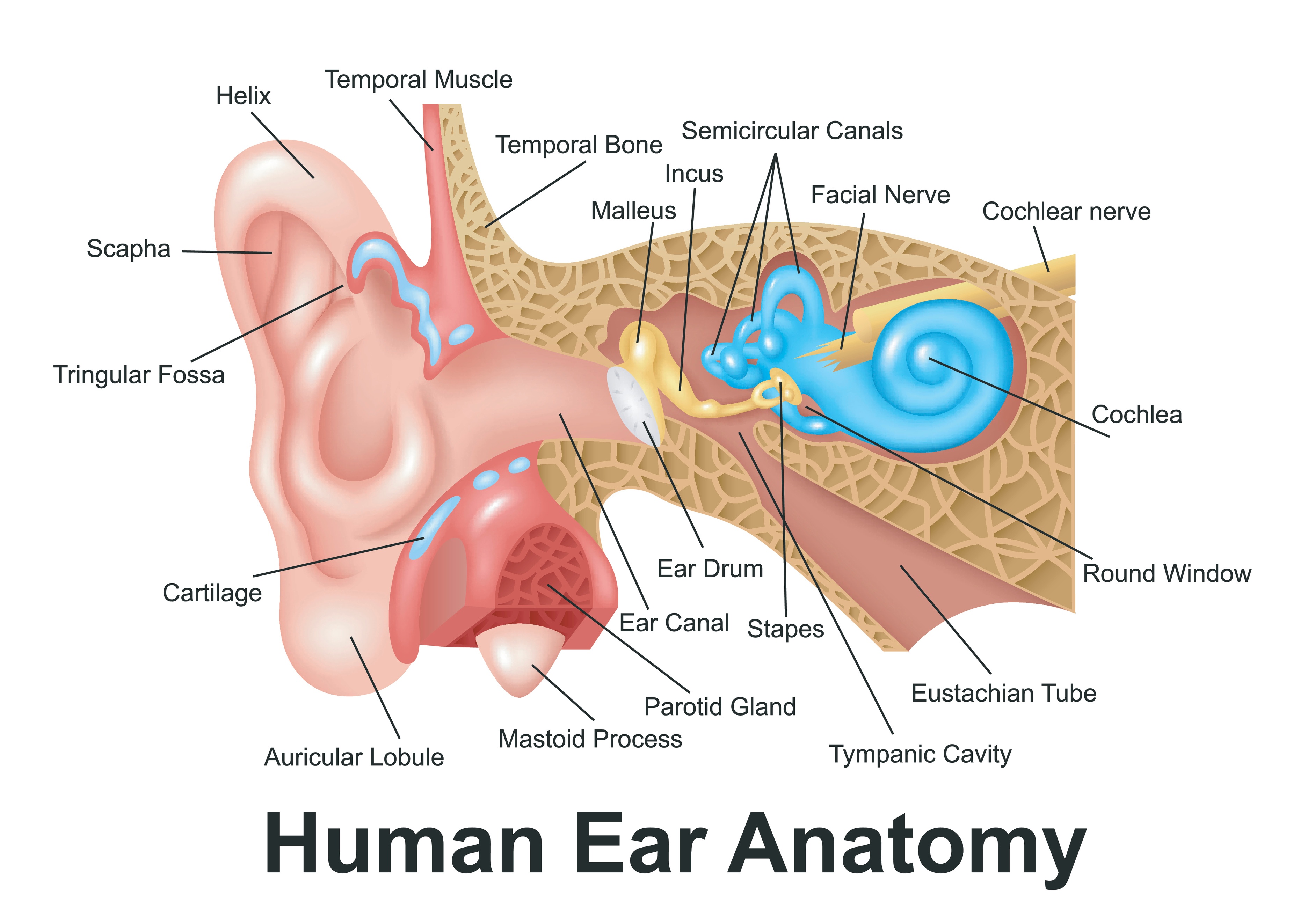Everyday activities can be opportunities to expand learning – particularly for speech and language. Here are seven easy, familiar options you can do at home with your child that offer speech and language cues. Encourage the child to repeat words or anticipate the next word or sentence. For example, after we put on our socks, what comes next? Shoes.
More Talking Please! 7 Fun Activities to Promote Speech & Language in the Young Child
Tags: Speech, Language, Communication, Learning, toddler, talking
"Selective Hearing" - or Hearing Loss?
Very often, spouses and life-partners will suggest that their loved one has “selective” hearing – a self-made term indicating that they can hear perfectly fine most of the time, but tend not to hear their partner speaking. Is it simply a matter of “tuning out” – or could it be something else?
Tags: Hearing Aid, Hearing Aids, Communication, Hearing, Hearing Loss Prevention, Support, Hard of Hearing, Hearing Loss
Sudden Hearing Loss - A Medical Emergency
Sudden Sensorineural Hearing Loss (SSHL) is a sudden, unexplained, change in hearing that happens all at once or over a period of a few days and often affects only one ear.
Stroke and Depression Connection
After a stroke, the main focus for the patient, their family, friends, physicians, therapists and other health care professionals is often on their physical aspects. How far can the patient walk? Can the patient still get dressed with the use of just one hand? Can the patient safely swallow food and liquid without coughing or choking? Will the patient need to use oxygen after discharge to home? These are all issues that are visible and obvious.
Tags: Communication, Support, Stroke, Caregiving, Brain Injury
Deaf History Month - Facts and Resources
National Deaf History Month is celebrated from March 15 – April 15. It recognizes contributions of deaf and hard of hearing (HoH) people, as well as highlighting the various forms of communication chosen by deaf and HoH individuals – including American Sign Language (ASL). For example – did you know that the football huddle we use today was first started at a college for the deaf in the 1890s so the players could keep their ASL signing hidden from the opposing team?
Tags: Communication, Deaf, Hard of Hearing, Interpreting, ASL Interpreter
What is Selective Mutism and How is it Treated?
Selective mutism is a complex childhood anxiety disorder characterized by a child’s lack of verbal communication in select social environments, such as school. Children with selective mutism possess the ability to speak, but are selective of the settings in which they choose to speak. They will often speak in environments where they feel safe, relaxed, and calm with familiar people such as parents or siblings, but will choose not to speak in environments where they are less comfortable. A common misconception is that selective mutism is a form of autism. Children with selective mutism may demonstrate lack of appropriate social language use that mimics those on the autism spectrum, but selective mutism is not indicative of autism.
Tags: Speech, Language, Communication, Stuttering, Learning, Voice, talking
What is the Difference Between Cleft Lip and Cleft Palate?
A cleft is any opening in a normally closed structure. A cleft lip is an opening in the lip, typically the upper lip. These clefts are more commonly unilateral (on one side of the lip) as compared to bilateral (on both sides of the lip). Unilateral clefts occur more frequently on the left side of the mouth. A cleft palate is an opening on the roof of the mouth. Clefts can be found in the hard palate (towards the front of the mouth), soft palate (more towards the back of the mouth) or both.
Tags: Speech, Language, Communication, Voice, talking, Cleft Lip, Cleft palate
Barotrauma: Ear Pain During Airplane Flights
Barotrauma is the term used to describe the discomfort or injury caused by increased air pressure during airplane flights (or increased water pressure when scuba diving).
Tags: Audiology, Hearing, Hearing Loss Prevention, "ears", Ear Pain, Ear Anatomy
8 Ways to Encourage a Loved One to Have A Hearing Test
Hearing loss generally happens gradually over a long period of time. Often, the subtle, and not so subtle, signs of hearing difficulty are more apparent to significant partners than it is to the person with the hearing loss.
Tags: Hearing Aid, Hearing Aids, Hearing, Support, Caregiving, Hearing Loss, "ears"
Speech Therapy for Children: School vs. Private
Parents often wonder what they can do to help their child improve their speech and language skills. Many families seek additional private speech therapy to supplement school-based treatment.
While added speech therapy may be an advantage, it depends on the unique needs of your child. School-based speech therapy and private speech therapy differ in many ways. Before determining if your child would benefit from additional speech and language therapy, it is essential to know the difference between the two.
Tags: Speech, Language, Communication, Teens, Stuttering, Voice, toddler, talking



















